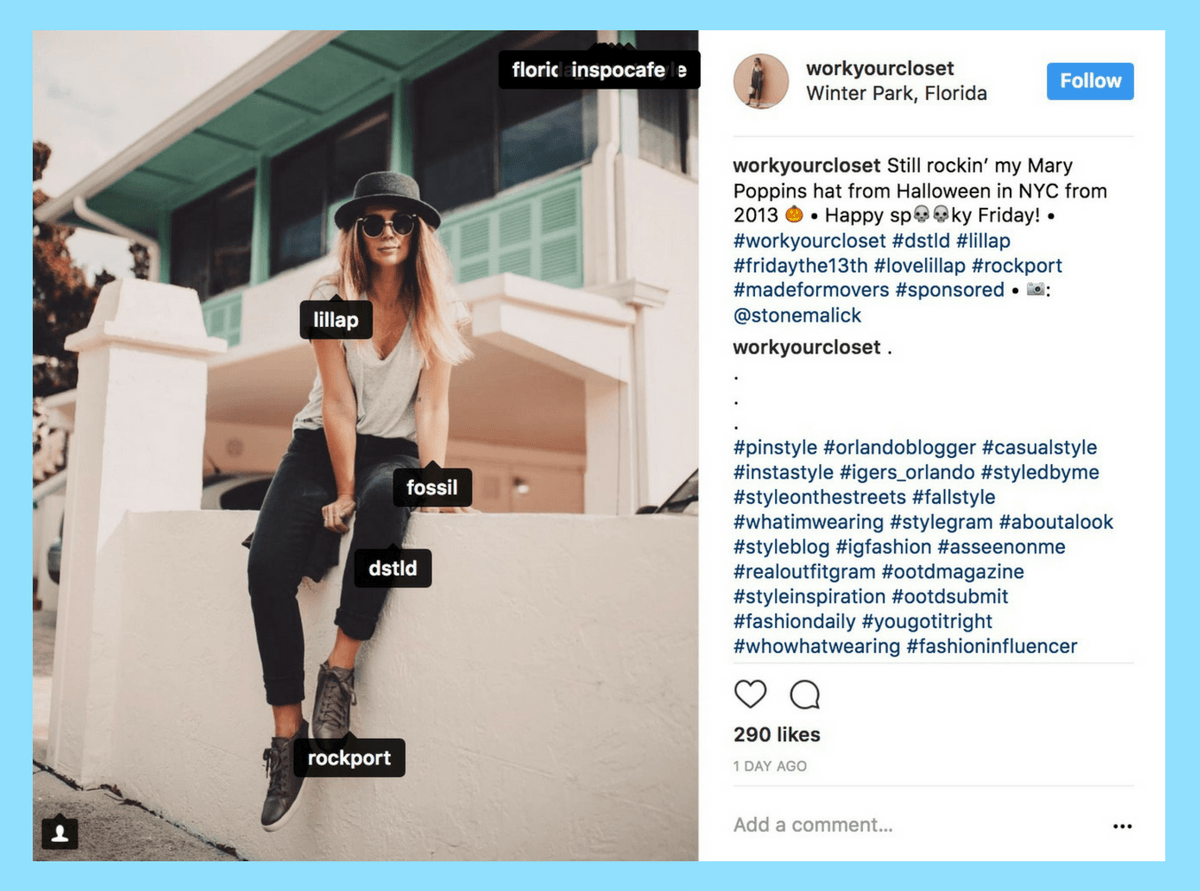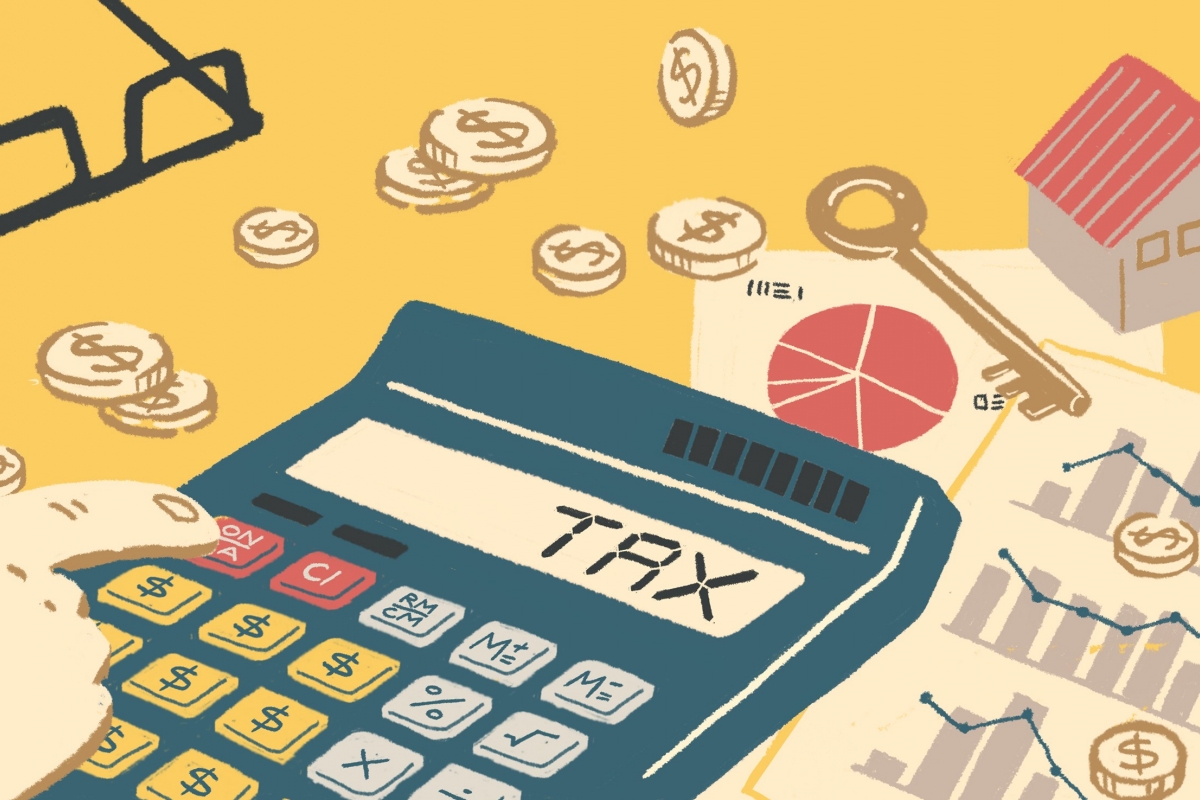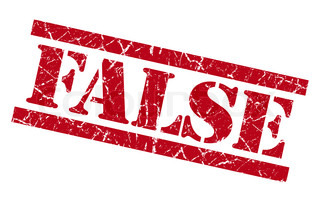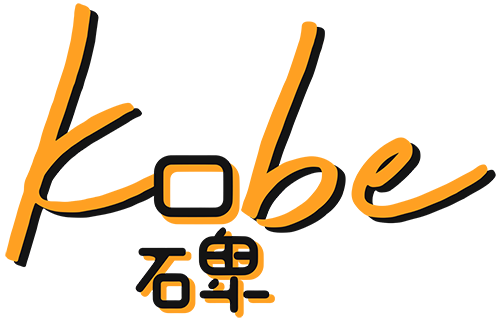Singapore influencers
Singapore’s content creation scene has seen an increase in brand-influencer engagements. This has given rise to conversations around transparency and authenticity, along with client-influencer relationships.
Being an influencer is not all just sponsored products and posting pictures – you could land yourself in trouble if you’re not careful. Here’s some “do’s” and “don’ts” written by Zi Cong Mok to avoid legal trouble in your influencer journey.
Do’s
1. Let your followers know if your post is sponsored

On top of maintaining your reputation as an honest influencer, properly identifying your sponsored posts is mandated by the ASAS Guidelines
You must disclose the fact that your post is sponsored if you receive any cash or other non-financial incentives from the sponsor in return for the post.
For example, you are invited to a free food tasting event in return for a review post. You must disclose this even if your review post genuinely reflects your honest opinion about it.
The Guidelines require that disclosure of sponsored content be displayed as early as reasonably possible. Hence, it is advisable to make sure that the disclosure can be noticed by your followers without having to click on a “See More” or “More” button.
The ASAS has provided examples of written disclosures. Examples may be found at the ASAS’ Guidance Notes here.
2. Pay attention to contract terms and ensure all obligations (on both sides) are stated clearly
When signing a contract with a brand, make sure you read the contract carefully and adhere to its terms. Failure to do so may subject you to a whole range of civil liabilities for breach of contract.
3. File the proper tax returns for income earned through social media activities

If you receive any products or services that are worth more than $100, or regularly over a period of time, you must declare them as part of your taxable income to the Inland Revenue Authority of Singapore (IRAS).
You may learn more about filing your taxes for income earned through social media activities here.
Do note that omitting or understating your income, if done negligently or without reasonable excuse, is a criminal offence.
Don’ts
1. DON’T pass off others’ work as your own
Pretending that someone’s photograph, drawing, art, poem, or any other work as your own constitutes a infringement of copyright. Doing so may expose you to a range of civil liabilities. This includes:
- Having to pay up any profits earned by you in the process of infringing the copyright; and
- Compensating the original owner for any damage suffered by him/her.
If you wish to use someone’s work on your social media, please ask the original owner for permission. You may learn more about how to avoid copyright infringement when using others’ photos here.
Breaching someone else’s copyright is also prohibited under Facebook’s Terms of Service and Instagram’s Terms of Use, and is a reason for the respective companies to disable your account.
2. DON’T make false claims about any product or service

In general terms, Section 6 of the Consumer Protection (Fair Trading) Act state that if you advertise on behalf of a brand, and in the process of doing so make a false claim about the brand’s product, you can be sued by the consumer.
3. DON’T artificially increase your follower count
Boosting engagement through fraudulent means, such as purchasing “likes” or followers, is a breach of the Advertising Standards Authority of Singapore (ASAS) Guidelines for Interactive Marketing Communication & Social Media.
Artificially boosting your follower count is also a breach of Facebook’s Community Standards and Instagram’s Community Guidelines, which form part of the respective companies’ Terms of Service.
Finally, artificially increasing your follower count may subject you to unwanted scrutiny if and when the social media platforms take action, such as during the “Instagram Purge” (mass removal of inactive/ “ghost” followers).
4. DON’T use your platform to engage in cyberbullying or online harassment
However, doing so may constitute defamation, which may make you liable to compensate the person that you have defamed.
Additionally, defamation is a criminal offence under the Penal Code, and may subject you to imprisonment of up to 2 years and/or a fine.
Finally, making a threatening or insulting communication with the intention of harassing another person is an offence under the Protection from Harassment Act.
You may learn more about the Protection from Harassment Act here.




